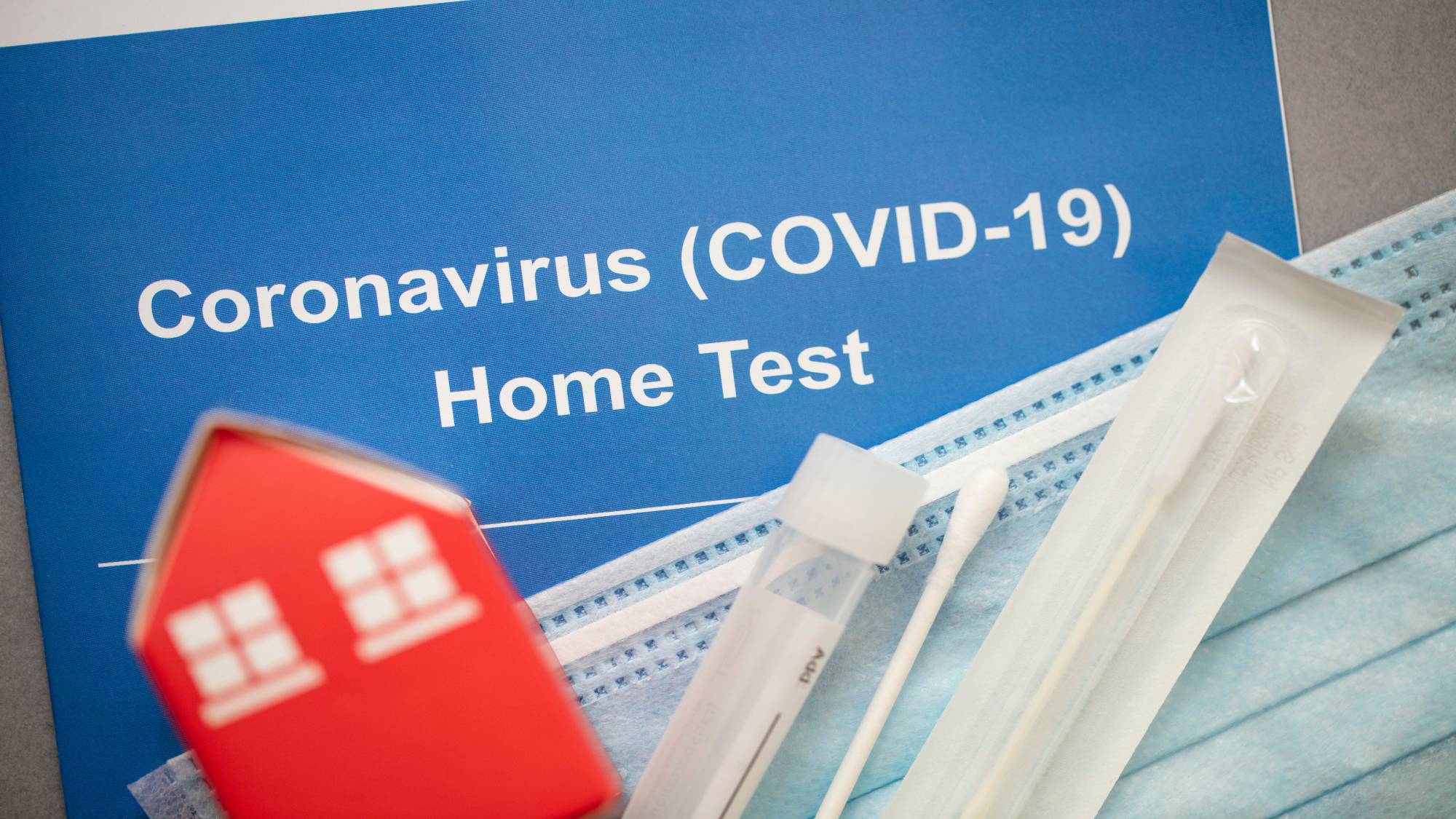A recent Alabama Supreme Court case, LaPage v. Center for Reproductive Medicine, has made headlines and raised questions about the legal implications of providing in vitro fertilization (IVF) benefits. During IVF, eggs are fertilized outside the body to create an embryo, and in the case at hand, the parents sued after several embryos were
employer health and welfare plan
Health Plan Sponsors in the Crosshairs?
America’s cultural wars may be opening up a new front, and group health plans may be caught in the fray. Since the US Supreme Court decision in Dobbs ended almost fifty years of constitutional protection for abortion rights and gave states the authority to regulate abortion, lawmakers (or citizens) have either enacted new prohibitions on…
Open Issue: Employer-Sponsored Health Plans and Coverage of Gender-Affirming Care
Transgender protections and rights in the workplace are currently the subject of much confusion. This issue extends to employer-sponsored health plans. Whether an employer-sponsored health plan must cover gender-affirming care is complicated and depends, in part, on whether the employer’s health plan is fully-insured or self-insured.
Fully-Insured Plans
Fully-insured employer-sponsored health plans are subject to…
New No Surprises Act Guidance -Frequently Asked Questions Bolster Final Rule
The No Surprises Act (Act), which establishes protections for health plan participants from surprise medical billing, was passed in late 2020 as part of the 2021 Consolidated Appropriations Act. On October 7, 2021, the Departments of Labor, the Treasury, and Health and Human Services (collectively, Departments) issued Interim Final Rules implementing certain provisions…
Group Health Plan Considerations in the Face of (Potentially) Changing Abortion Laws
On May 2, 2022, a draft opinion from the U.S. Supreme Court case Dobbs v. Jackson Women’s Health was leaked to the press, and as a result the Court is expected to overturn Roe v. Wade and Planned Parenthood v. Casey, effectively leaving the issue of abortion rights to the states. Thirteen states currently…
Dealing With Undocumented Workers In ERISA Plans
Whether because of the tight U.S. labor market or flawed onboarding processes, many undocumented workers are becoming participants and accruing benefits in ERISA-governed employee benefit plans. Dealing with such plan participation adds yet another layer of administrative difficulty and legal exposure for employers who hire employees not authorized to work in the U.S.
ERISA does…
Ohio’s Surprise Billing Law – Impact on Health Plans
Ohio’s Surprise Billing Law, R.C. § 3902.51, became effective January 12, 2022, but its impact on health plans is still evolving. The law strives to prevent patients from receiving and paying surprise medical bills, specifically those stemming from unanticipated out-of-network care. While the Ohio Surprise Billing Law intends to shield insureds from surprise medical…
Court Strikes Down a Portion of the No Surprises Act Interim Regulations
While health plans, insurers, and providers are busy understanding and implementing the new requirements under the No Surprises Act, a U.S. District Court recently vacated an essential portion of the interim regulations carrying out the Act. While this decision applies nationwide, the court only vacated a portion of the interim regulations affecting the new dispute…
More Clarity Regarding Employer Mandates for At-Home COVID-19 Testing
As employers and insurers continue to establish programs to enable participants in group health plans to receive at-home COVID-19 tests at no cost, even without a prescription, the Department of Labor (DOL) has issued additional guidance and an updated FAQ providing further clarification and flexibility to insurers and plan sponsors in providing coverage to eligible…
At-Home COVID-19 Testing Options and Alternatives

In fulfillment of President Biden’s promise to make at-home COVID tests more available for all of us, two significant action steps have now occurred:
- Every U.S. household has access to free at-home COVID-19 tests. As of January 18, 2022, any individual with a residence in the United States may request up to four (4) at-home
…